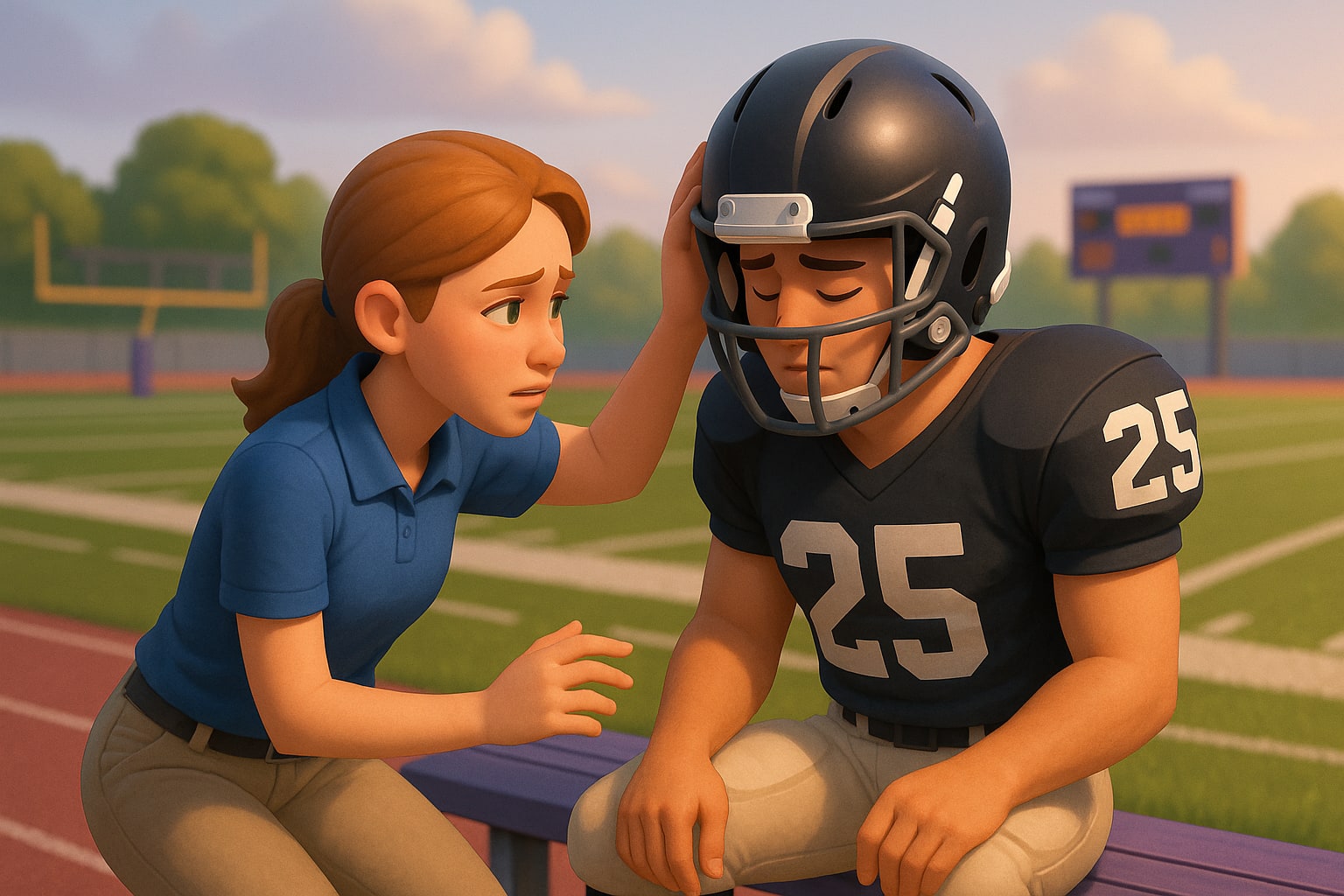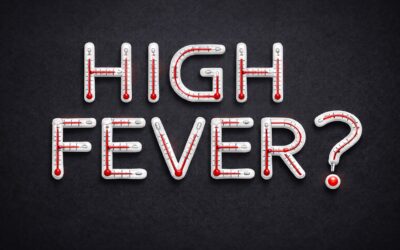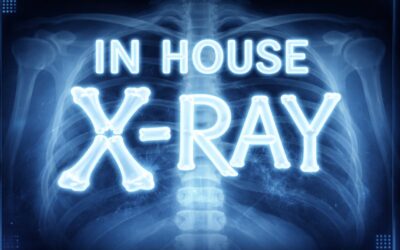With football season about to start, the question about concussions frequently comes up after a significant blow to the head or when a player complains of a headache. For good reason, coaches, parents and players are more aware of these injuries and their potential side effects. Everyone knows the effects can be serious if not properly addressed, but how do you really know if it’s a concussion?
First, it’s important to understand that a concussion is a clinical diagnosis. There’s no single test or imaging scan that confirms it. Instead, trained medical professionals rely on a careful exam and evaluation to recognize signs and symptoms. That’s why it’s so critical for any athlete who suffers a blow to the head — or exhibits symptoms like confusion, dizziness, or headache — to be evaluated properly.
Once a concussion is diagnosed, the next steps are just as important. Athletes should only return to play after being cleared by someone properly trained in concussion management. Returning too soon can result in longer recovery times or, worse, serious long-term consequences for brain health. This is especially true for adolescents, whose brains are still developing.
If you suspect a concussion- even if you’re not sure- it’s better to be sure than to risk additional injury. At Watkinsville Urgent Care, we take concussions seriously. Our staff is trained in the evaluation, treatment, and safe return-to-play clearance of young athletes. We’re here to help guide your child’s recovery safely and confidently.






